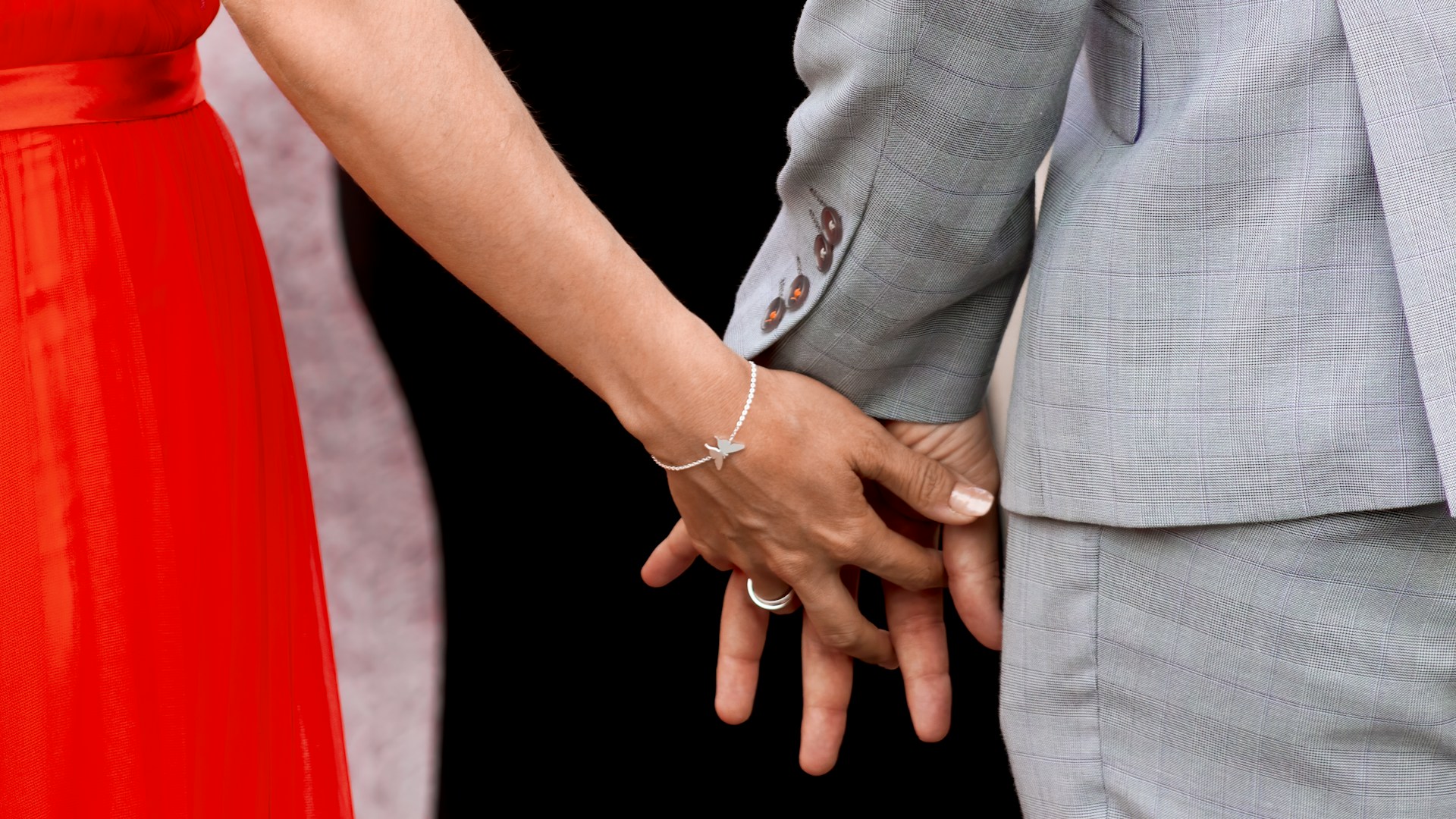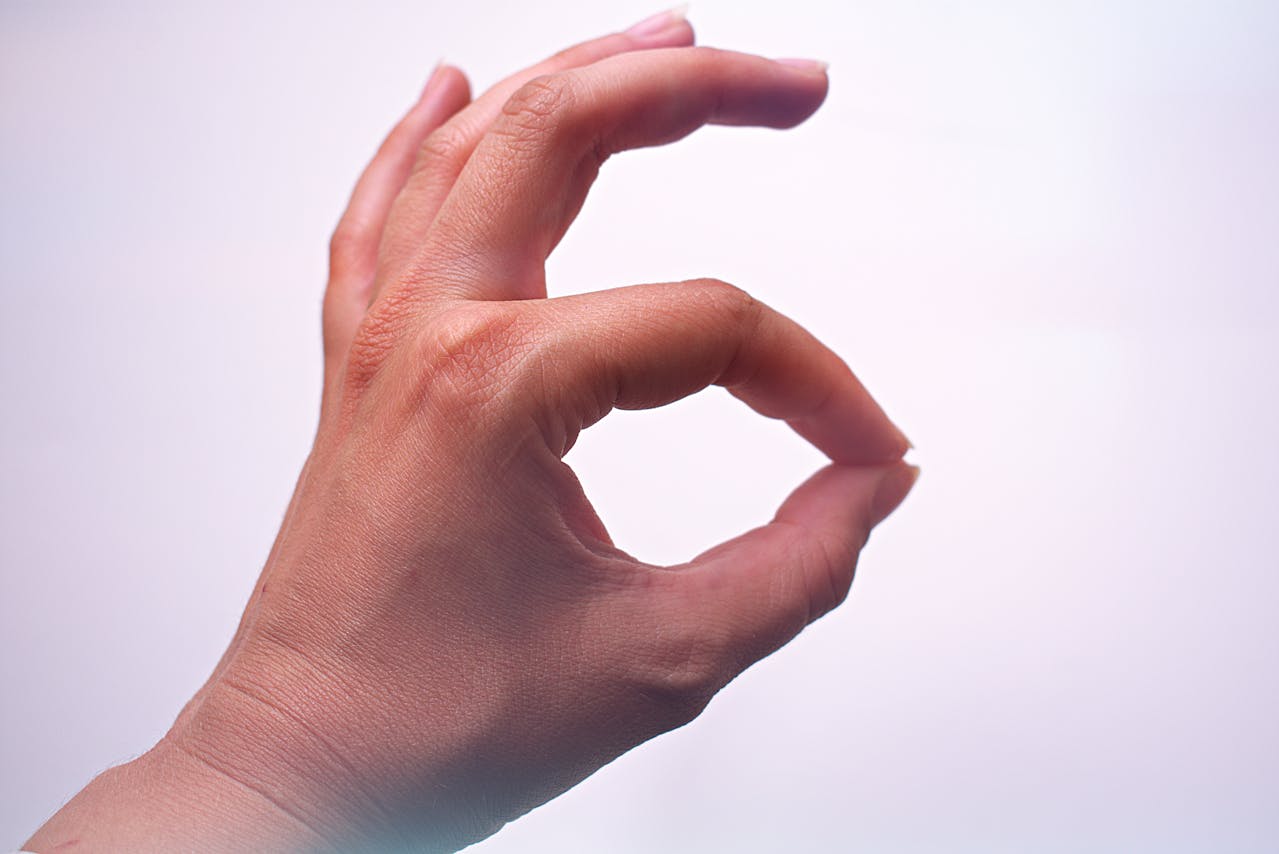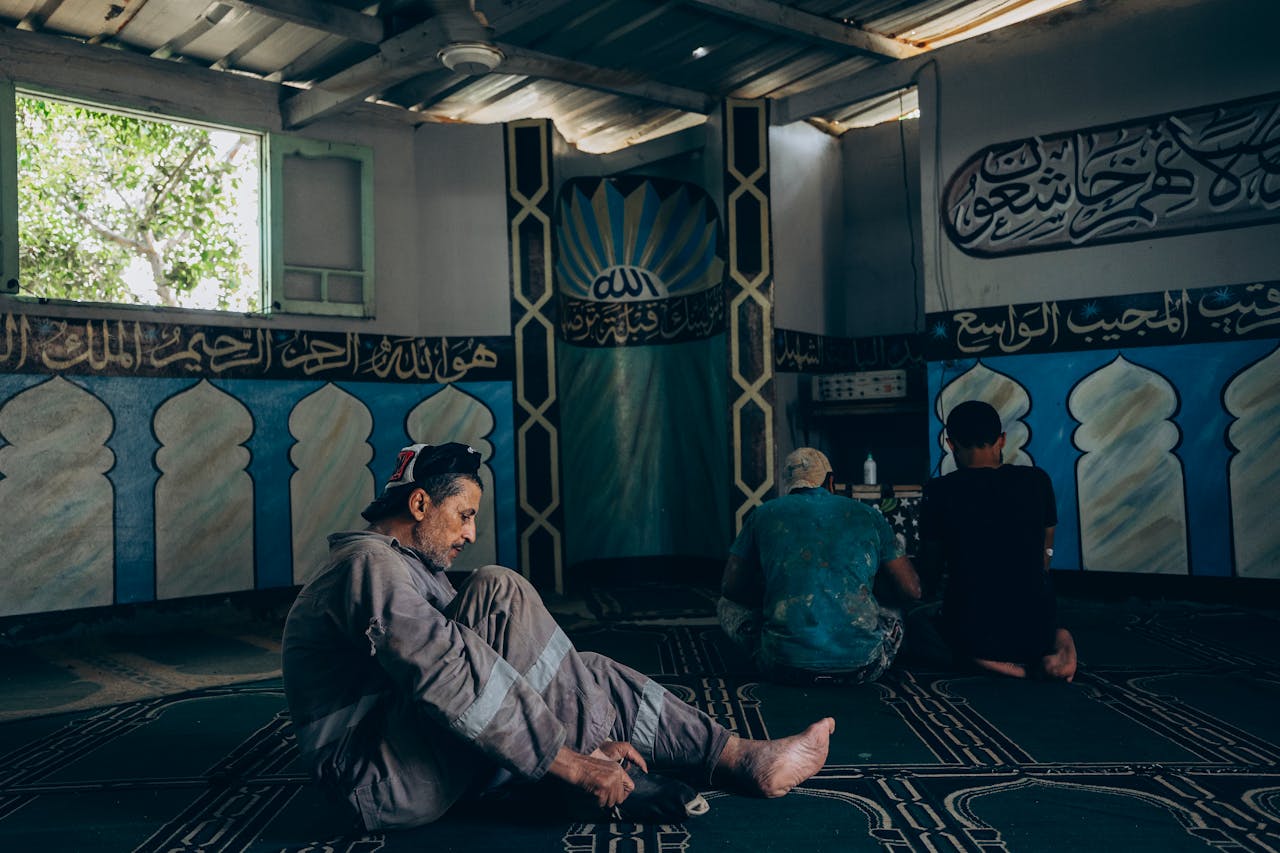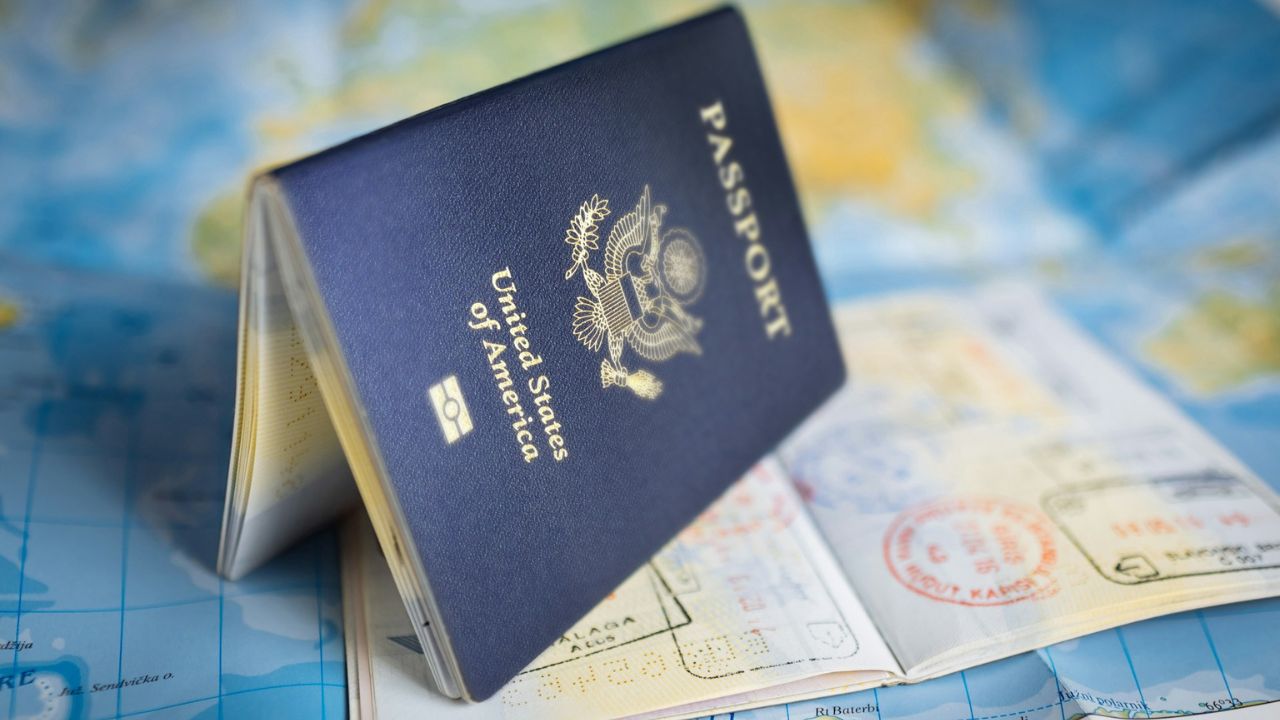Even travelers who collect passport stamps like souvenirs can stumble over invisible lines they never knew existed. A casual gesture at home can carry religious weight somewhere else. The way someone handles money, points at a menu, or greets a child may land as rude without a word being spoken. These taboos did not appear out of nowhere; they grew from long histories, ideas about purity, and local expectations of respect that still shape daily life.
Showing The Soles Of The Feet In Thailand

In Thailand and several neighboring countries, the body has a kind of social map: the head is highest and most sacred, while the feet are lowest and linked to dirt. Propping feet on a chair, pointing them at someone, or stretching them toward a Buddha statue can feel like treating a person or sacred image as beneath those “dirtiest” parts. Many visitors have no idea their relaxed posture carries that message, but locals notice the orientation instantly.
Tipping In Everyday Restaurants In Japan

In Japan, good service is treated as part of professional pride, not something a customer buys with extra cash at the end of a meal. Sliding a few bills across the table in a casual restaurant can create confusion or mild embarrassment, as if the gesture suggests normal wages are not enough. Staff may quietly chase after the tip to return it. For locals, the true compliment is returning or recommending the place, not leaving money on the tray.
Sticking Chopsticks Upright In Rice

Planting chopsticks straight up in a bowl of rice feels like an easy way to pause between bites, but in Japan and parts of China it looks uncomfortably close to funerary rituals. At memorials, offerings of rice may appear with incense or chopsticks standing upright, symbolizing food for the dead. Repeating that shape at a family table drags those associations into a shared meal. Even without a lecture, the atmosphere tightens, and some hosts quietly look away.
Eating Or Giving With The Left Hand

In many parts of India, the Middle East, and East Africa, the left hand is traditionally reserved for personal hygiene. Using it to pass bread, take shared food, or hand over money can feel careless at best and insulting at worst. People raised with that norm may notice left-handed gestures like a sharp crack in the social script. They might not say anything directly, but the tiny wince or pause often tells its own story about what the hand just implied.
Touching Heads In Southeast Asia

Ruffling a child’s hair or tapping a friend’s head can seem like an affectionate move in some cultures. In Thailand, Laos, and parts of Cambodia, the head is viewed as the most spiritually important part of the body. Touching it without permission, especially from above, can feel intrusive, as if someone is reaching past physical boundaries into something more personal. Monks and elders are especially off-limits. A friendly pat can land closer to a violation than a compliment.
Wearing Outdoor Shoes Inside Homes

Crossing a threshold with shoes still on may feel normal in some countries, but in Japan, South Korea, and many Nordic and Middle Eastern homes, it brings the street straight into someone’s living space. Floors are treated as clean zones where children may play and adults sit or sleep. Guests are expected to slip off outdoor shoes at the entrance, often into house slippers. Forgetting that step does not just leave mud; it signals a lack of attention to the host’s comfort.
Public Displays Of Affection In Conservative Societies

A quick kiss or long hug in public can look like ordinary romance in many Western cities. In parts of the Middle East, South Asia, and North Africa, the same gestures can clash hard with expectations of modesty. Couples may be asked to separate, given sharp looks, or even approached by authorities if affection appears too bold. Families expect intimate contact to stay behind closed doors. What feels like harmless warmth in one place becomes a challenge to shared values in another.
Pointing Directly With The Index Finger

Pointing straight at a person or object with a stiff index finger is common in North America and Europe, yet it can come across as aggressive or impolite in Southeast Asia and parts of Africa. Many locals use a full hand, chin, or subtle nod instead, softening the gesture into more of a suggestion than an order. Travelers who keep jabbing the air with a single finger may not realize their body language sounds louder than their actual voice.
Bringing Even Numbers Of Flowers In Eastern Europe

In Russia, Ukraine, and some neighboring countries, numbers matter when it comes to flowers. Odd numbers are used for birthdays, dates, and recoveries, while even numbers are strongly linked to funerals and gravesites. Turning up to a celebration with 6 or 8 stems can feel like bringing a subtle symbol of mourning into a happy room. Local florists almost always arrange odd-numbered bouquets by habit. Visitors who assemble their own arrangements do not always get that silent memo.
Using The “OK” Sign In The Wrong Country

The hand sign that forms a circle with thumb and index finger looks universal to some travelers, but its meanings shift sharply across borders. In parts of South America and the Mediterranean, it has been used as a crude or obscene gesture rather than a positive signal. Flashing it casually in a group photo or conversation can trigger puzzled looks or offense instead of reassurance. A simple thumbs-up or open palm tends to travel more safely between cultures.
Speaking Loudly In Quiet Public Spaces

What counts as a normal speaking volume at home can sound jarringly loud in countries that value quiet in shared spaces. In Japan, many trains, buses, and small restaurants remain remarkably hushed, with phone calls discouraged and conversations kept low. Northern European cities sometimes share that preference. Visitors who carry on at full volume may not break any laws, but they do shift the room’s energy. To locals, voice control feels like basic courtesy, not a personality trait.
Acting Casually At Sacred Sites

Temples, mosques, shrines, and churches often welcome outsiders, but they are first and foremost living places of devotion. Laughing loudly, posing for playful photos near altars, or ignoring modest dress guidelines can feel like walking over someone else’s prayers. Worshippers may remain polite, but the tension is hard to miss. Small choices, like covering shoulders, lowering a camera during rituals, or stepping aside for someone kneeling, turn a tourist presence into a respectful one.


